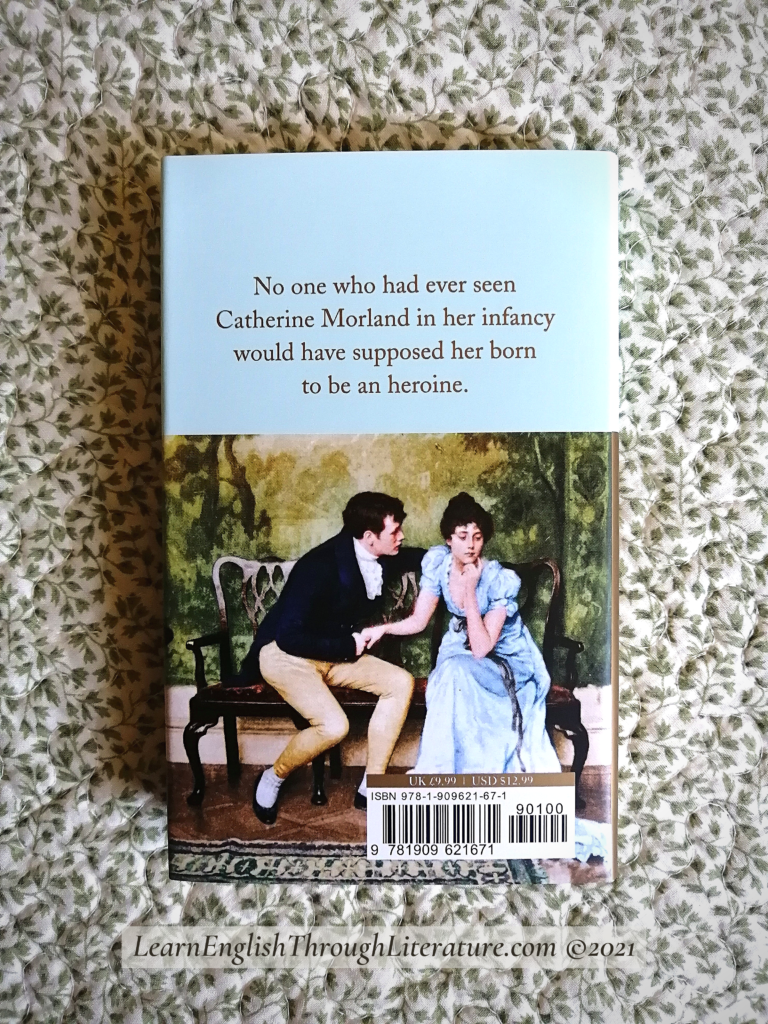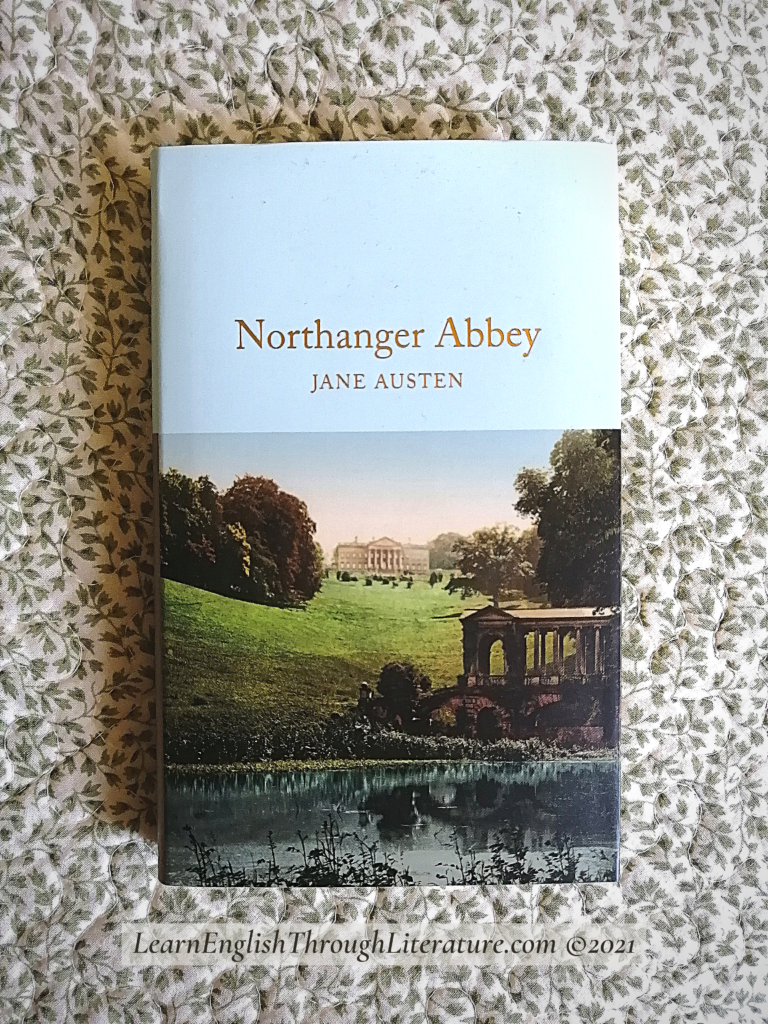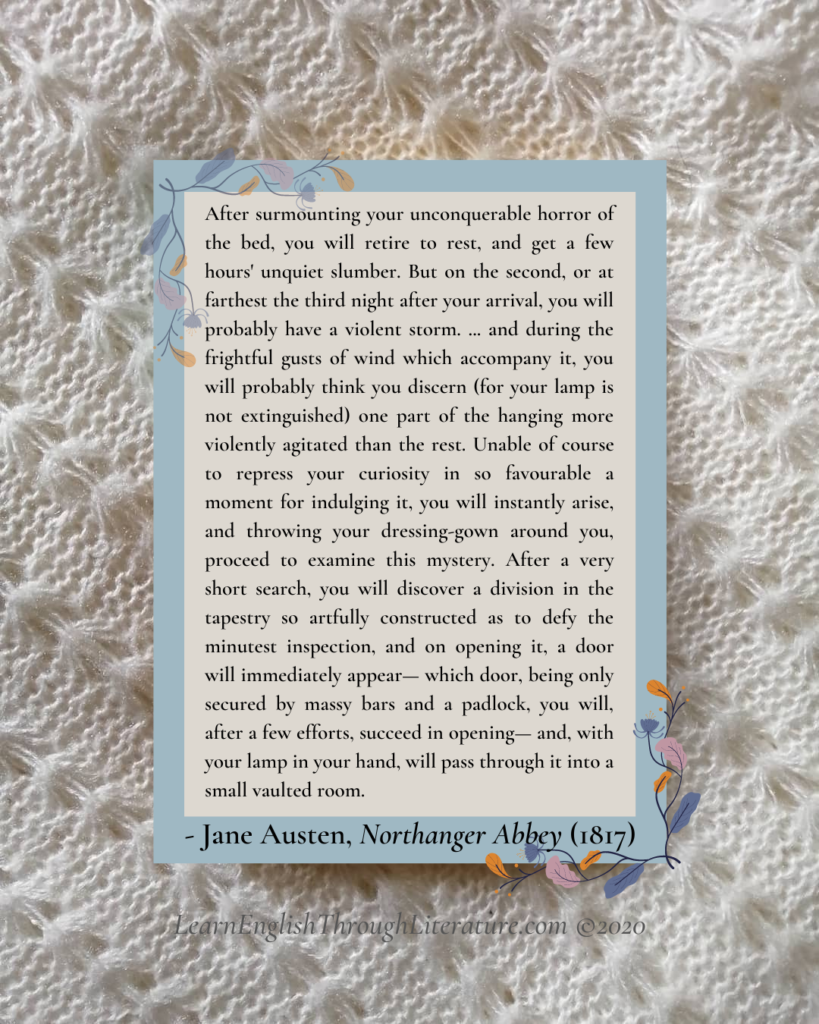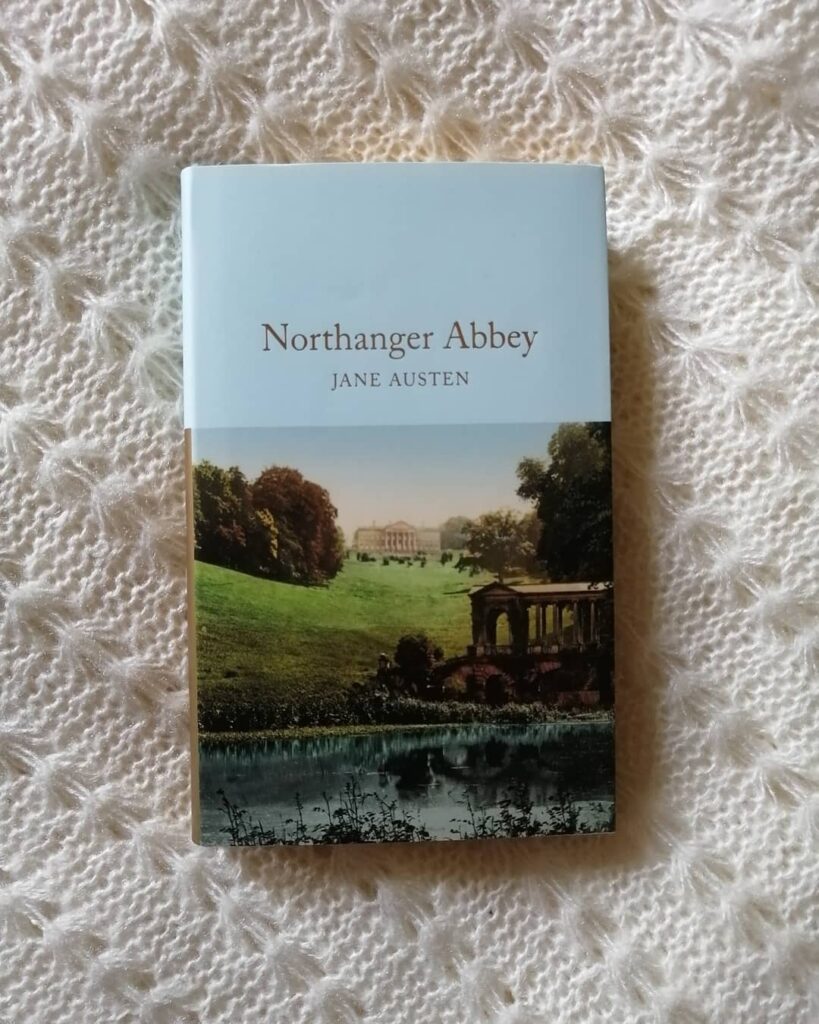Mini-Lesson Monday, Lesson #217 (Part 2): ‘I want an appropriate simile’: Popular Similes English Speakers Use
📗 “I am very glad to hear it indeed, and now I shall never be ashamed of liking Udolpho myself. But I really thought before, young men despised novels amazingly.” “It is amazingly; it may well suggest amazement if they do— for they read nearly as many as women. I myself have read hundreds and […]




